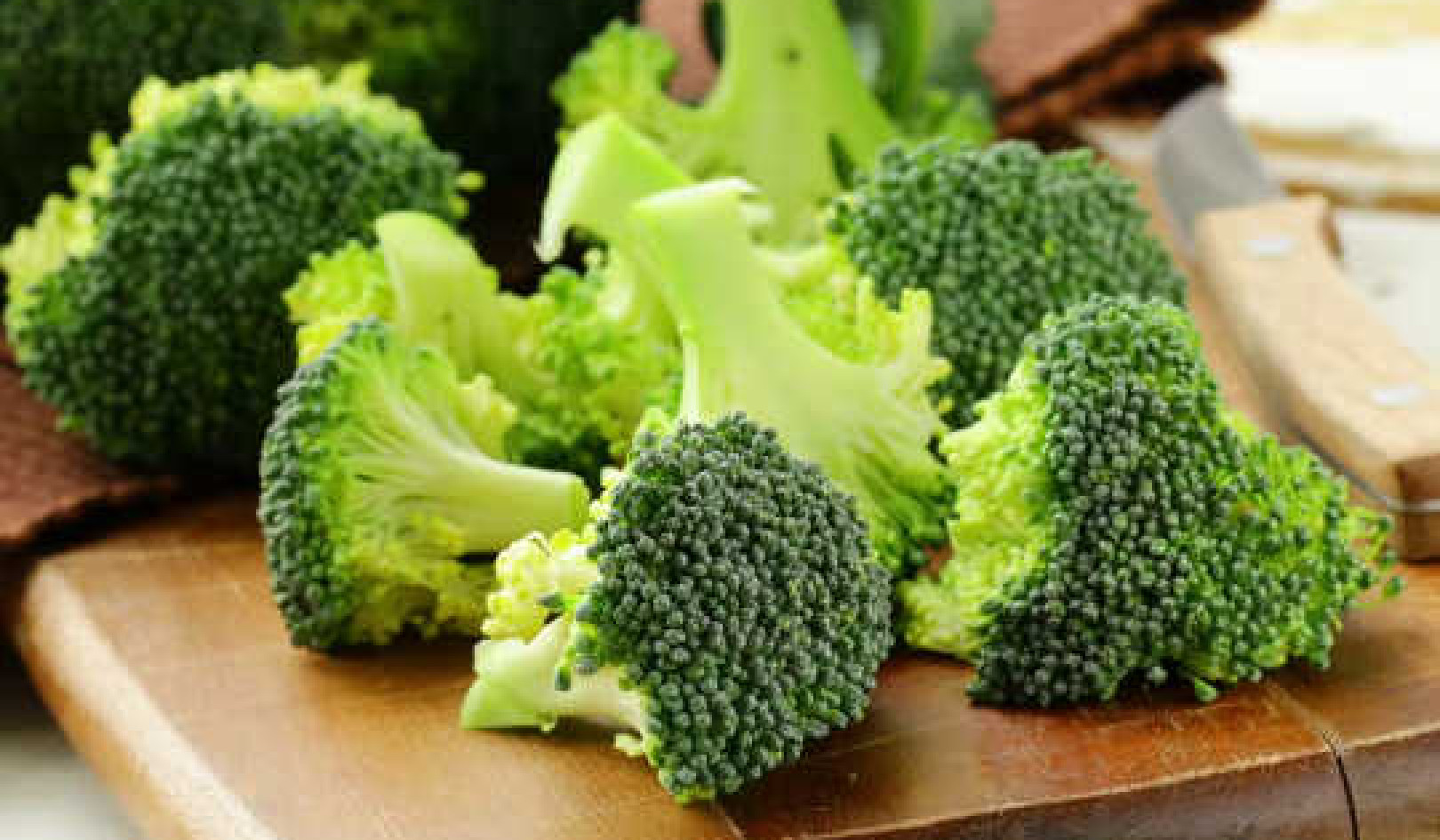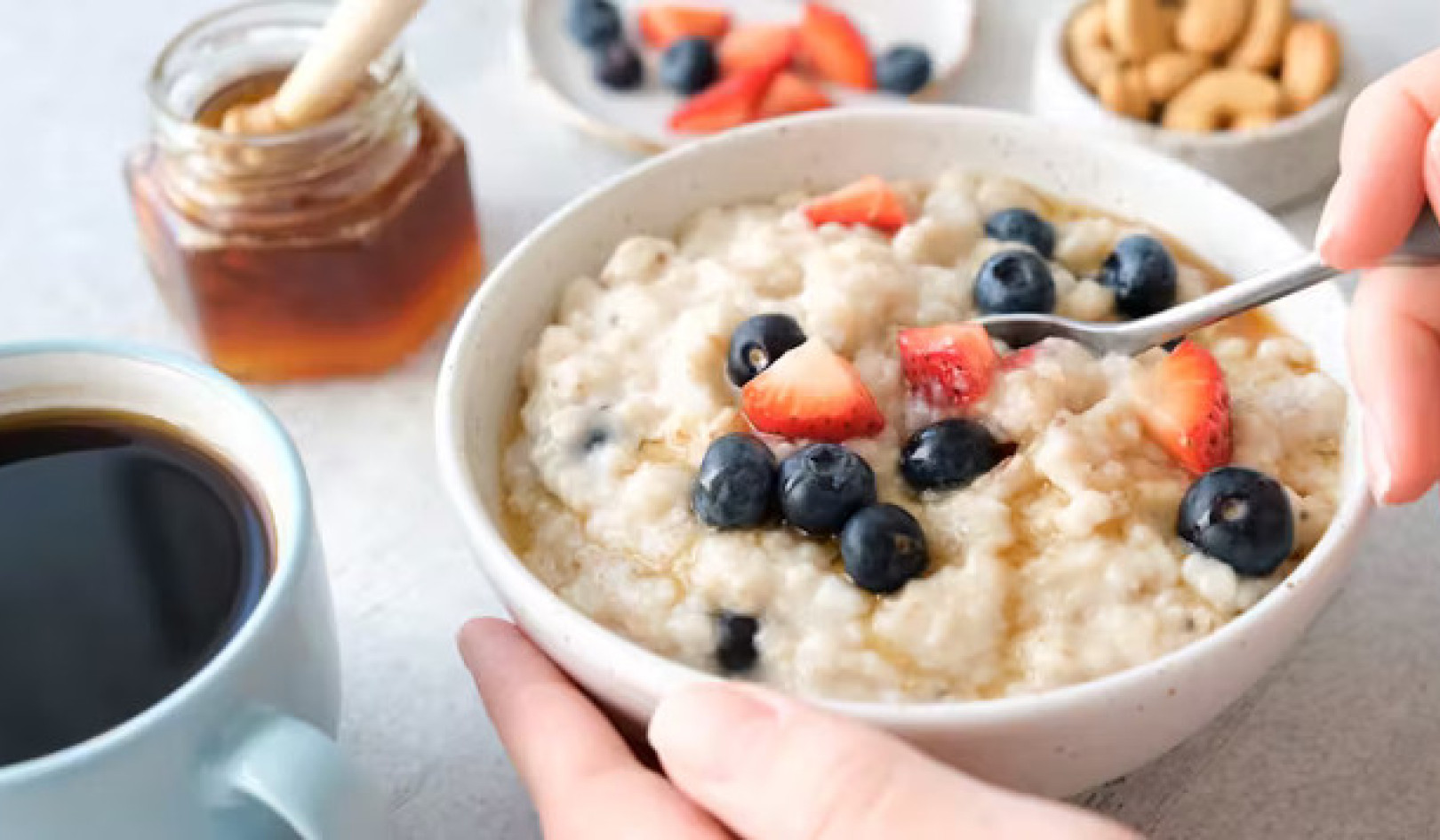Grains
Whole grains are unrefined, exceedingly nutritious, and contain more vitamins, minerals, and fiber than their lighter, whiter, and fluffier counterparts found in commercially packaged goods.
In their raw form, grains contain a seed and a covering to protect the seed. With the advent of the Industrial Revolution and modern processing, it became easier to remove the germ and bran layers, making available to the general population white flours that were once reserved only for the rich.
Unfortunately, these discarded segments contain all the fiber and the vast majority of the B-complex vitamins, as well as the vitamins E and A and the minerals magnesium, potassium, zinc, iron, and selenium. Refined grains are frequently laced with additives and preservatives. White flour used in white bread and pastries contain empty calories.
Since whole grain is unrefined and contains multiple nutrients, it is the closest thing to a complete food?it contains not only carbohydrates, but also a balanced amount of protein, low fats, multiple vitamins, minerals and fiber.
Civilizations all over the world have been utilizing grain for centuries as a diet staple. Primitive cultures are also known to have the lowest prevalence rates of cancer and heart disease.
Sea Weeds
Since the time of recorded history seaweeds have been utilized by many cultures in various portions of the world. Sea vegetables are extremely rich in vitamins, minerals and nutrients. In fact, they contain all 56 minerals. As a group of foods, sea vegetables contain the highest amounts of magnesium, iron, iodine and sodium.
For those individuals who have a history of congestive heart failure or high blood pressure, it is recommended that sea vegetables be consumed only one time per week. It is also important to soak seaweeds for at least 1/2 hour before preparation, which will reduce the sodium content.
Seaweeds contain extremely high amounts of calcium and phosphorous, and would be beneficial in situations where calcium is needed in the body. They are also approximately 25% protein and 2% fat. They are low in calories.
Seaweeds are rich in many trace elements as well. For example, they are high in beta carotene, vitamin B-12, niacin, pantothenic acid (B5) and vitamins A, C and E as well as the mineral selenium. Selenium, combined with vitamins A, C and E and beta carotene, is extremely important in the overall functioning of the heart.
In summary, many clinical studies indicate that seaweed is one of nature's best nutritional supplements in healing. It contains virtually all of the minerals and vitamins that are useful in preventing free radical formation. Sea vegetables have been utilized in treating cancer, lowering blood cholesterol, thinning the blood, and even preventing ulcers.
Sea vegetables are known for their effect on dissolving fat deposits and eliminating heavy metal contaminants from the body, including radiation, cadmium, and other environmental toxins. Seaweed is one of nature's wonders!
 This article was excerpted with permission from:
This article was excerpted with permission from:
Lose To Win: A Cardiologist's Guide to Weight Loss and Nutritional Healing
by Stephen T. Sinatra, M.D.
©1992. Published by the LincolnBradley Publishing Group, 305 Madison Ave., #1166, New York, NY 10165























